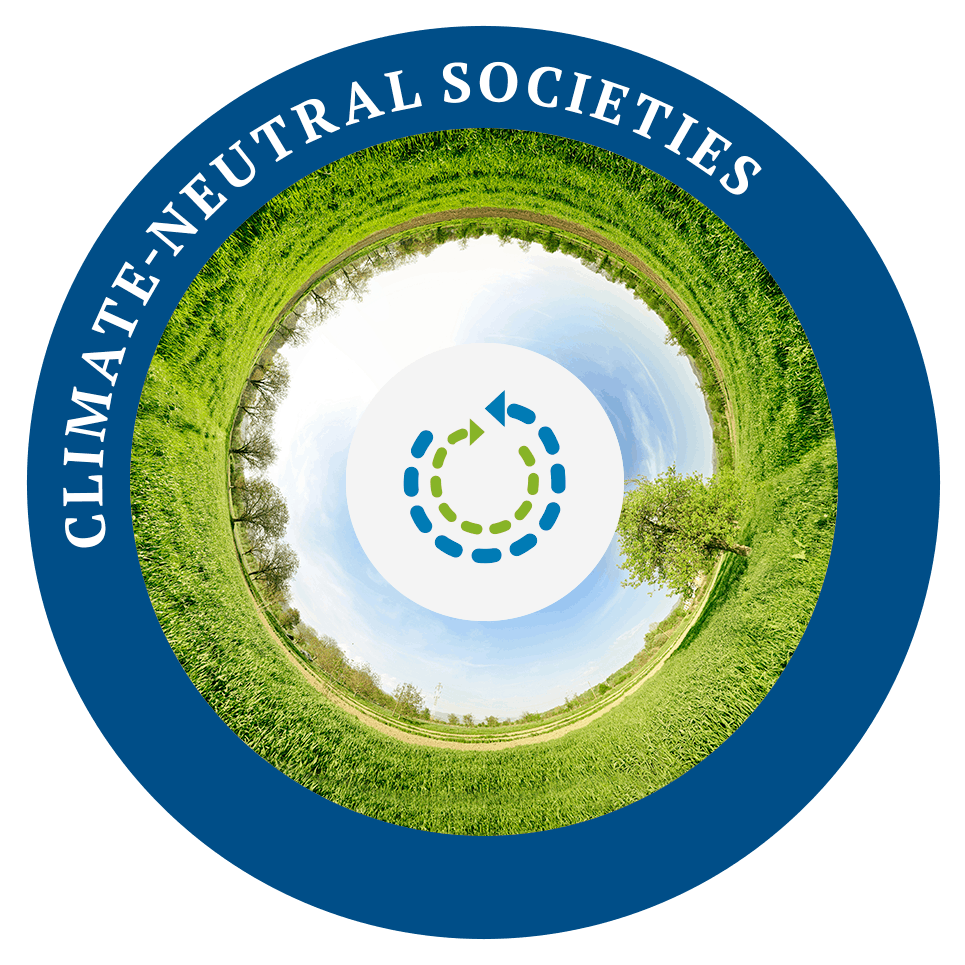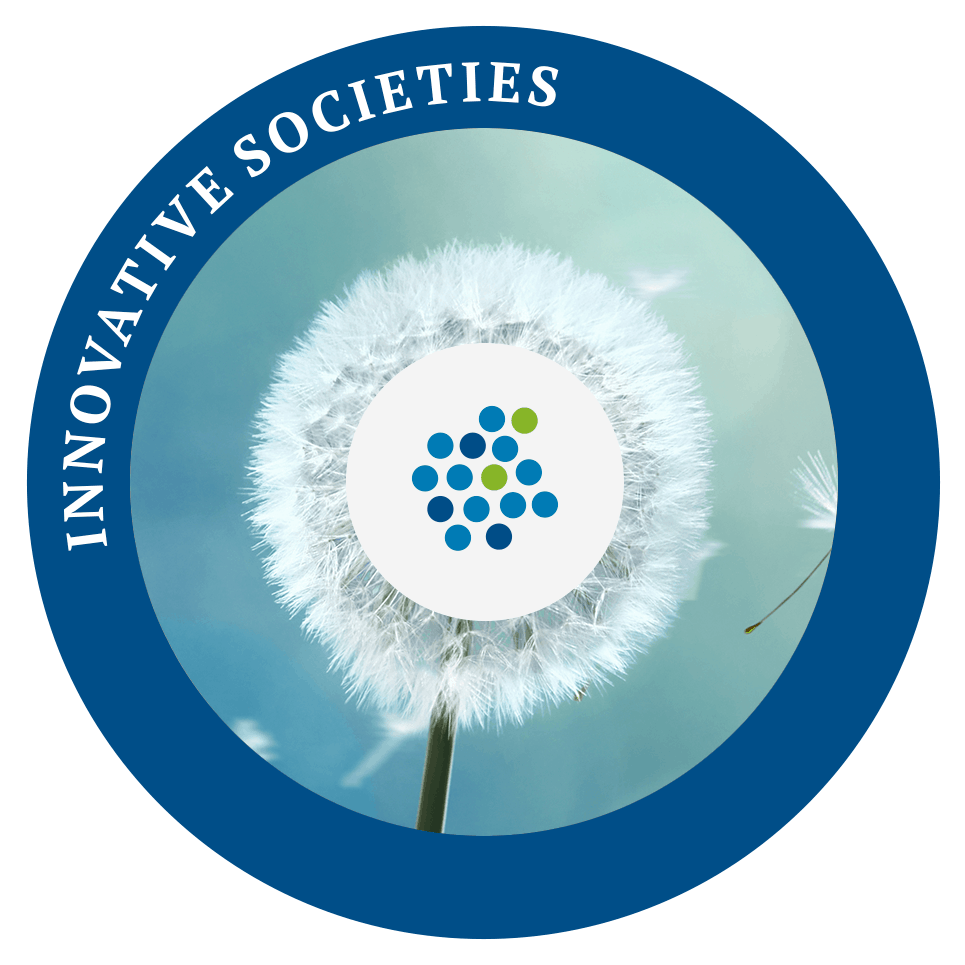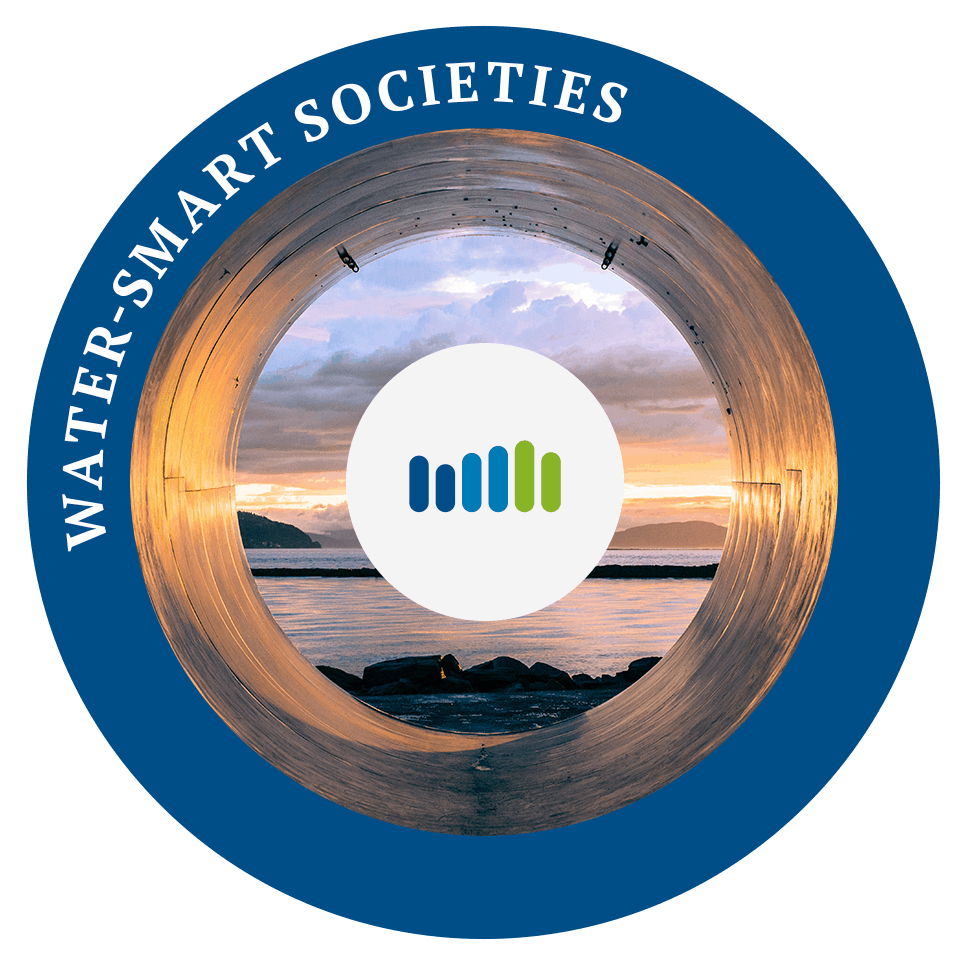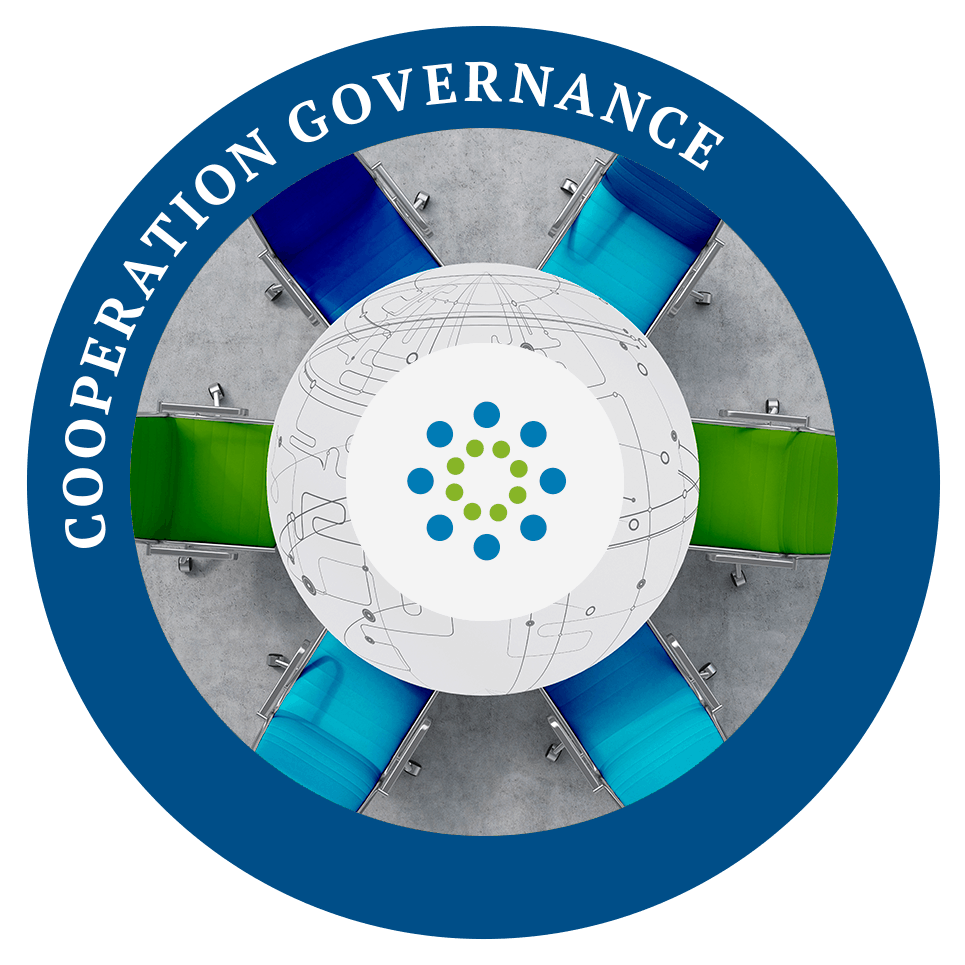priority 3: Climate-neutral Societies
Objective 3.2
Energy transition
The Programme supports actions for the decarbonisation of energy systems in the region in order to reduce greenhouse gas emissions. The solutions shall increase energy efficiency in industrial production processes as well as in public and private building stock. The Programme also encourages actions to increase renewable energy production from locally available resources.
What is energy transition ?
The Programme supports actions that target the decarbonisation of energy systems in the region in order to reduce greenhouse gas emissions.
Increase energy efficiency and renewable use
The Programme encourages the development of solutions that increase energy efficiency in industrial production processes as well as in public and private building stock. The Programme also encourages actions that develop and test solutions to increase renewable energy production from locally available resources. In addition, actions may help with renewable energy distribution and integration into various sectors, like building, industry, district heating and cooling.
Mobilise industry and citizens
Actions may adapt and update policies and regulations as well as coordinate plans and the application of solutions across borders. Actions may mobilise industry and citizens to apply energy solutions for climate neutrality and plan wider deployment with other public or private funds.
What can I do in my project?
We believe our projects help implement several important strategies in our region, and, in particular, the EU Strategy for the Baltic Sea Region and its policy areas Energy, Bioeconomy, and Spatial Planning.
Update policy for climate neutrality
Rethink policies and regulations and update national, regional or local energy plans for climate neutrality;
Test coordination of renewable energy across borders
Test coordination mechanisms across borders for development of renewable energy projects, considering spatial planning needs;
Combine power sources
Introduce solutions for localised energy grids, combining multiple power sources
Accelerate production of renewable energy
Accelerate the establishment of systems for producing, storing and using renewable energy, and in particular, renewable electricity from locally available resources, with application of innovative technologies;
Speed up the "renovation wave"
Address administrative, legal and financial barriers to speed up a ‘renovation wave’ of public and private buildings, incl. designing innovative financing schemes or combining energy efficiency measures with renewable energy application;
Integrate & interconnect energy systems
Strengthen integration of different energy systems and interconnect energy consumers from different sectors;
Design public support services
Design public support policies to encourage wider production, supply and storage of renewable energy;
Strenghten involvement of citizens
Pilot actions that strengthen the involvement of citizens and industry in decarbonising energy systems, including development and testing guidelines for energy districts and standards for green industry certification, as well as assessment of green-house gas emissions and their decrease in a coherent way across borders.
Get inspired by the ongoing projects
Sign up now
Newsletter subscription
Four priorities & nine objectives
Four priorities for cooperation
Interreg Baltic Sea Region 2021-2027 creates opportunities for organisations to connect
as if there were no borders. With experience and EU funding, we help them cooperate and put their ideas into practice.
Jointly, we make the life of people around the Baltic Sea better.
The Programme is structured along with four priorities. They guide partners in achieving the most when cooperating across borders.
Priority 1
Innovative societies
1.1 Resilient economies and communities
1.2 Responsive public services
Priority 3
Climate-neutral societies
3.1 Circular economy
3.2 Energy transition
3.3 Smart green mobility
Overview: all the Programme objectives
Resilient economies and communities
Objective 1.1
under Priority 1: Innovative societies
Sustainable waters
Objective 2.1
under Priority 2: Water-smart societies
Circular economy
Objective 3.1
under Priority 3: Climate-neutral societies
Project platforms
Objective 4.1
under Priority 4: Cooperation governance
Responsive public service
Objective 1.2
under Priority 1: Innovative societies
Blue economy
Objective 2.2
under Priority 2: Water-smart societies
Energy transition
Objective 3.2
under Priority 3: Climate-neutral societies
Macro-regional governance
Objective 4.2
under Priority 4: Cooperation governance
Resilient economies and communities
Objective 1.1
under Priority 1: Innovative societies
Responsive public service
Objective 1.2
under Priority 1: Innovative societies
Sustainable waters
Objective 2.1
under Priority 2: Water-smart societies
Blue economy
Objective 2.2
under Priority 2: Water-smart societies
Climate-neutral societies
Objective 3.1
under Priority 3: Climate-neutral societies
Energy transition
Objective 3.2
under Priority 3: Climate-neutral societies
Smart green mobility
Objective 3.3
under Priority 3: Climate-neutral societies
Project platforms
Objective 4.1
under Priority 4: Cooperation governance
Macro-regional governance
Objective 4.2
under Priority 4: Cooperation governance
News
Food packaging in retail: how to reduce single-use packaging?
Do we really need all this packaging? Stores are full of all kinds of single-use packaging, from plastic to metal and cardboard. But is it really necessary...
(No title)
No One at 0%, No One at 100%: The Spider Web Model for Everyday Sustainability
We’ve created an easy-to-use tool designed to help you live more sustainably. The Spider Web Model is here to make circular living accessible for everyone, no...
PA Energy Online Workshop for Project Developers
PA Energy Online Workshop for Project Developers: “Partner Matchmaking & Idea Generation for Cooperation in relation to energy issues” (Online)...
Grand results of the first round of small projects!
Despite the winter scenery, the results of 17 finalised Interreg Baltic Sea Region projects are in full bloom! And behind them lie two years of intensive work across borders, mutual learning and inspiration, and connections that last.
Climate-neutral future at hand for Baltic Sea region cities
Turning a city into a climate-neutral one requires knowledgeable people, thorough planning and solid financial resources. But how can cities manage this transition smoothly? The Interreg project Climate-4-Case guides cities around the Baltic Sea on how to do that right.
Designing Interreg Baltic Sea Region that belongs to everyone
10 December 2025 Designing Interreg Baltic Sea Region that belongs to everyone Written by Eeva...









